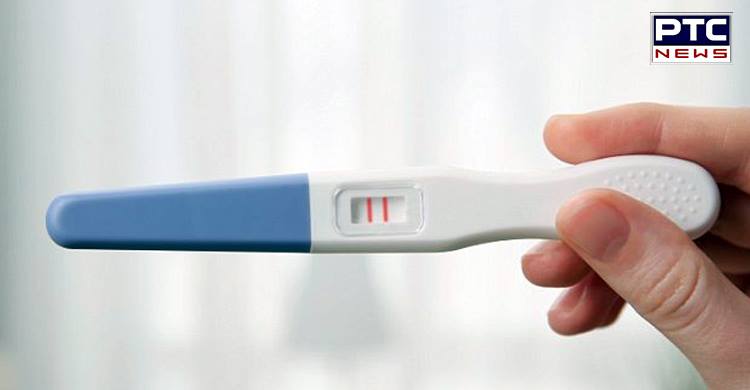
Life-saving 'urine-stick' test for early ovarian cancer could boost survival rates to 90%
Life-saving 'urine-stick' test for early ovarian cancer could boost survival rates to 90 per cent Ovarian cancer is basically known as a 'silent killer' - because it is most often detected after it has spread around the body and it is most difficult to treat. Now the researchers have discovered a urine test that could detect ovarian cancer and boost survival rates from 20 per cent up to 90 per cent is being developed. Researchers have discovered a previously unknown biomarker - a protein molecule that is produced when ovarian cancer is in its early stages. The test is being created by the team of University of Hull. They hope that the protein molecule being produced in the early stages could be used on urine- like pregnancy tests. If the cancer can be detected at 'stage one' and is confined to the ovary then the survival rates can improve and can come to 90 per cent. Usually ovarian cancers are detected later in the third stage. It is the stage when cancer begun to spread to the surrounding tissues. Just one in five survives in this type of cancer, especially when it spreads to the fallopian tubes and the womb. Dr Barbara Guinn and other researchers believe that they are very close to develop a urine test that could be given to all the women who are either going through PCOD or Menopause. Also Read: Cancer sufferer saves other women from using Johnson & Johnson baby powder: wins lawsuit Dr Guinn said: 'The majority of diagnoses for ovarian cancer come during stage three, when the cancer has spread to other areas of the body. A stage three diagnosis can mean survival rates as low as 20 per cent, but with early detection, that can be increased dramatically to around 90 per cent. If we can shift this line across and diagnose people at stage one or two we could greatly improve patient outcomes and patient survival.' Ovarian cancer is so difficult to detect in older women as it happens when most women are going into menopause and are gaining weight. This makes the presence of any tumour less likely to be felt. -PTC NEWS
